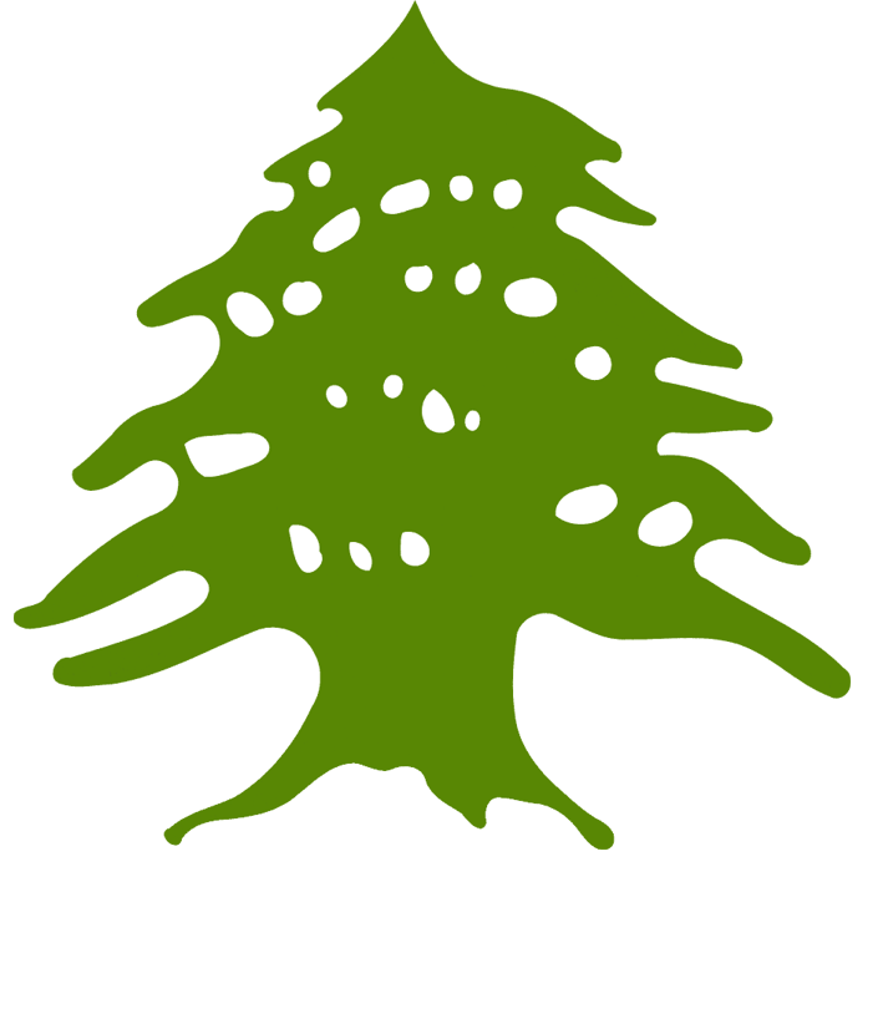Product Details

Safari
TYPE:
Potatoes
Details
Our strong novice
Cross: Obelix x Amadeus
Fresh market, ‘baker’
Late ripening variety
Very high yield
Round oval, big tubers
Yellow skin colour, light yellow colour of flesh
Dry matter content: 19,1%
Cooking type: B
Resistant to potato cyst nematodes, pathotype Ro1 and Ro4
Immune to wart disease, race 1
Slightly susceptible to leaf blight, little susceptible to tuber blight
Wide market
Growing instructions (table potatoes)
General remarks
Safari is a variety for the fresh market with big tubers and a very high yield. Also suitable for the use as "Baker". The best results are coming from the countries around the Mediterranean Sea, but will also have a future in Cuba and the United Kingdom. The shape of the tubers is oval to round oval. The colour of the skin is during growing season somewhat brown. When Safari is mature, this will disappear, resulting in a nice yellow skin colour. The dry matter content is average to low (19,1%). The cooking type of Safari is B with no discoloration after cooking. The taste of Safari is excellent.
Maturity
Late.
Seed treatment
Safari has a slow and irregular emergence. It is advisable to use pre-sprouted seeds.
Cultivation
This variety is somewhat sensitive to common scab. Therefore it is important to avoid dry soils with a high organic matter. It is also advisable to keep the ridges moist for a few weeks during tuberisation. Safari has a rather small leaf development and the crop will be somewhat open during growing season. Safari is a little bit sensitive to Sencor. When using this herbicide, a slight yellowing of the leaf may occur.
Fertilisation
Safari does not require a lot of N. fertiliser. A split application is recommended.
Harvest
In spite of the relatively low dry matter content, Safari is rather sensitive to internal bruising. It is recommended to harvest with care.
Storage
Safari has a long dormancy period en can be well stored for a long period.
Resistance to diseases
Safari is resistant to Potato Cyst Nematodes (Ro1 + Ro4) and to wart disease, race 1. Moderately susceptible to leaf blight and hardly susceptible to tuber blight. It seems to be that Safari is somewhat sensitive for PVY.



